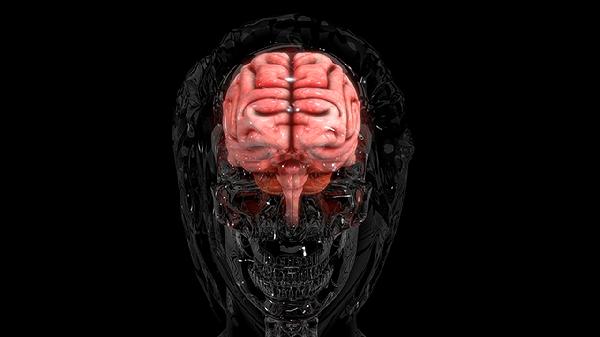From the perspective of Traditional Chinese Medicine (TCM), emotions are generated during human interaction with society. Excessive emotional fluctuations or extreme anger can disrupt the flow of Qi and blood, leading to dysfunction of the internal organs and thereby inducing various diseases. Many diseases are closely related to emotions and personality traits. For instance, excessive suppression can lead to cancer, and a hot temper can trigger primary hypertension. Let’s explore the relationship between diseases and emotions.

What is the relationship between diseases and emotions?
1. Anger harms the liver
TCM believes that the liver governs the free flow of Qi and stores blood, regulating emotional activities. Excessive anger can cause liver Qi to rise, leading to chest and rib pain or breast hyperplasia. If liver Qi invades the lungs, it can cause coughing and wheezing. Stagnation of liver Qi in the throat and back of the neck can form tumors. If liver Qi affects the stomach, it can cause bloating, vomiting, diarrhea, and loss of appetite. Abnormal mental activities are characterized by mood swings, memory decline, and difficulty concentrating. If not addressed promptly, it can lead to depression, bitterness in the mouth, and a gloomy mood. Studies have found that frequent anger increases the risk of breast cancer.
2. Excessive joy harms the heart
Maintaining a happy mood is beneficial for the normal functioning of the internal organs. However, sudden excessive joy or extreme happiness can induce various diseases, manifesting as flushed face, body heat, palpitations, insomnia, constant excitement, loss of appetite, and in severe cases, mental confusion or scattered thoughts.
3. Excessive worry harms the spleen
The spleen governs the transformation and transportation of food. Excessive overthinking can lead to Qi stagnation and dysfunction in transformation and transportation. Early symptoms include abdominal pain, loss of appetite, and dry stools. When the condition worsens, insufficient Qi and blood production can cause overall weakness, lack of energy, forgetfulness, insomnia, and weight loss.
4. Excessive grief harms the lungs
Excessive grief can lead to a dispirited state and deplete lung Qi, with symptoms such as low energy, low-grade fever, weight loss, shortness of breath, and spontaneous sweating. It also increases the risk of bronchitis or asthma.
5. Excessive fear harms the kidneys
The kidneys store essence and influence reproductive functions. Excessive fear can harm the kidneys, leading to instability of kidney Qi, with symptoms such as reproductive dysfunction, soreness and weakness in the lower back and knees, impotence, premature ejaculation, and nocturnal emissions. Additionally, excessive fear can affect the kidney’s Qi transformation function, leading to incontinence.
Reminder
Excessive negative emotions can affect the related organ meridians. In your leisure time, rotating your wrists can stimulate the six meridians and promote the flow of Qi and blood throughout the body, helping to unblock blood vessels. Additionally, rotating your ankles can enhance the functions of various organ systems, as the ankles are where the three Yin and three Yang meridians of the foot pass through.
























